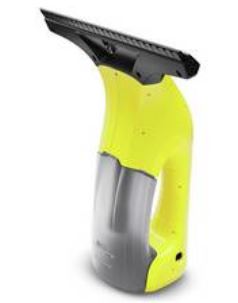Many variables to consider here.
How much humidity is in the air, how good is the isolation of walls and windows?
In winter modern housing is usually isolated so good that heating makes the air too dry for comfort.
We need a certain level of humidity in the air to be really comfortable. You know the temperature of the air indoors and outdoors, but not the actual temperature of the window glass or frame. A badly isolated frame or single glass pane window might be just too cool to be any good. 20°C indoors, -5°C outdoors and ~5°C on the indoor side of the glass will lead to condensation if the level of humidity is just comfortable. If the indoor glass side is around 15-20°C, then your air humidity is likely much too high.
Badly insulated windows are not that bad if humidity is high, the most water condenses at the coolest point – and you might want that to be the mostly water proof windows. If the coldest point are the walls you will end up with very unhealthy mould development.
Window frames made of metal sound like a less than ideal choice of materials. If the are old, it's likely they act as heat pipe, cooling down rapidly and showing the effects you describe. If they are newer, they should compensate for that design problem but might have broken seals or the like.
So these things have to be considered:
Increase the venting. Cold outside air has less water in it, heating that air will not be such a source for condensation.
If measured air humidity is very high: Is there a source like damp clothes, lots of plants etc? Reduce the source.
Are only the windows really badly insulated, have leaks? Fix the windows, replace them. But keep an eye on the coolest point in the rooms to avoid moulds.
Increase the temperature to e.g. 22°C. Warmer air can hold more water.
Last resort before wiping regularly (not a bad option imho if to be done only once, in the morning for example): use desiccants in front of the window. These substances suck quite a bit of moisture out of the air, silently, before the water can condense on the glass or frame. These will have to be replaced or reconditioned regularly. Commercial solutions are available, dehumidifiers also.
A fan blowing onto the window is a less than ideal solution. Although that will keep the water off the window it fails to adjust the overall humidity, increasing the risk for moulds elsewhere.
Sources with more information and some pretty pictures are 17 Window Condensation Solutions and How to Avoid and Remove Window Condensation and How to Stop Condensation on Windows.
Update:
If you have perfect control over your humidifying installations: a relative humidity of between 50–60% is on the upper side of recommended. As long as those measurements are correct and the appliance in working order, the recommended zone for RH in living areas is between 40 and 60%, problems showing usually only below 30%. So, setting the humidification target zone a bit lower should help.
